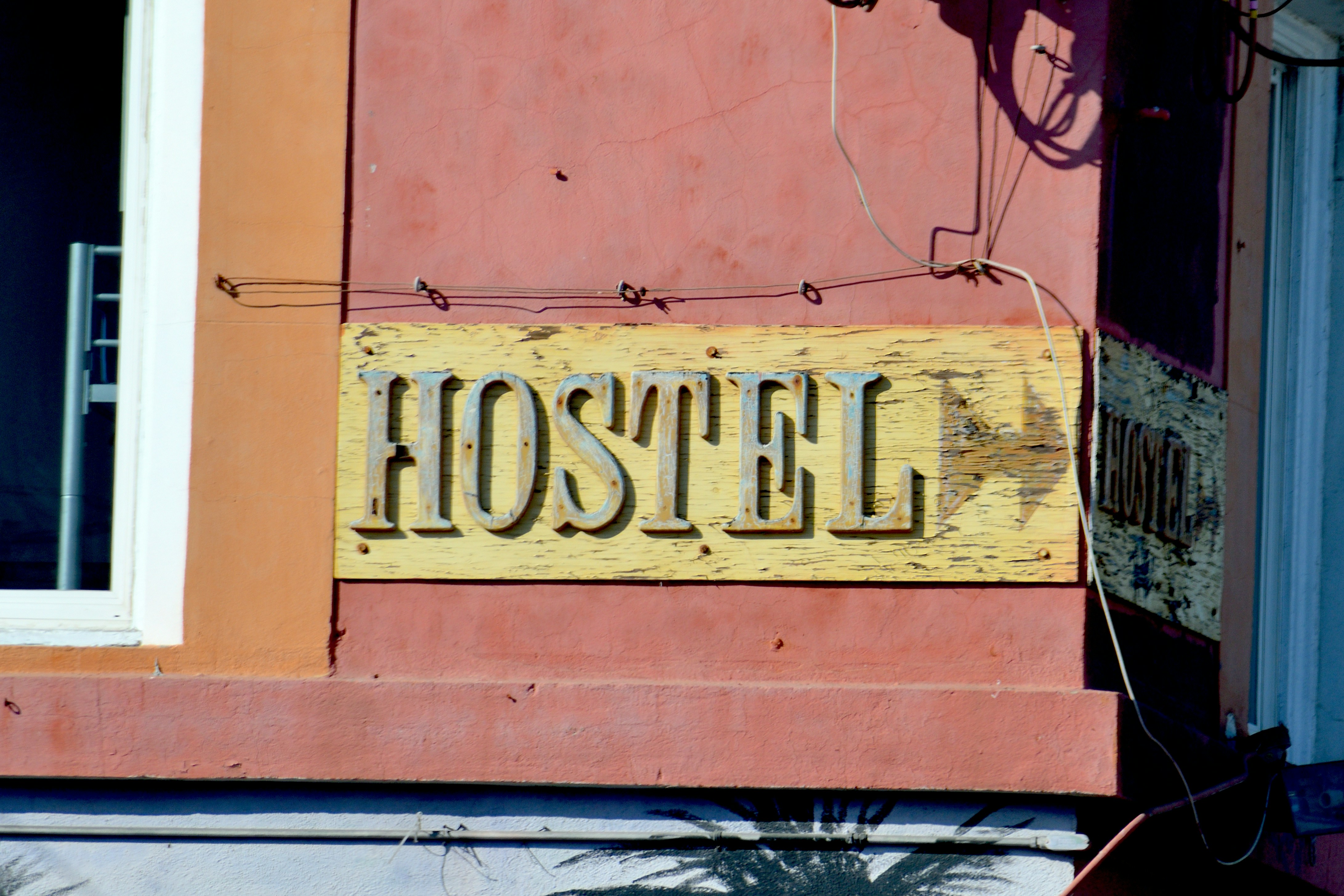The Debate Over Eliminating Taxes on Tips in the Hospitality Industry
Exploring the potential impact of proposed legislations aiming to eliminate federal taxes on tips in the hospitality industry.

Photo by Samuel Regan-Asante on Unsplash
The Complexity of Tipped Income
The world of hospitality and service workers revolves significantly around tips, which can often represent a substantial portion of their earnings. The proposed elimination of federal taxes on tips has sparked a heated debate among industry professionals, lawmakers, and workers alike.

Photo by Samuel Regan-Asante on Unsplash
Support for the Amendment
Various voices within the hospitality industry, including hotel associations and unions, have voiced their support for the removal of federal taxes on tipped wages. Advocates argue that such a move could significantly benefit the livelihoods of employees, providing them with the opportunity to retain more of their hard-earned income.

Photo by Samuel Regan-Asante on Unsplash
Legislative Proposals and Implications
Proposed bills such as the No Tax on Tips Act and provisions within the One Big Beautiful Bill Act have set the stage for potential changes in how tipped income is taxed. However, the specifics of these legislations, including eligibility criteria and duration, remain points of contention and discussion.

Photo by Samuel Regan-Asante on Unsplash
Impact on Hospitality Workers
While the idea of eliminating taxes on tips has garnered bipartisan support, concerns linger regarding its actual effects. Questions arise about how such changes would influence various categories of tipped workers, especially those with lower incomes, part-time employment, and existing tax exemptions.

Photo by Samuel Regan-Asante on Unsplash
Navigating the Road Ahead
As the debate continues, there is recognition of the need for clear regulatory frameworks to prevent abuse and ensure that the intended benefits reach those directly impacted. The potential shift away from traditional cash-based tipping to digital solutions further adds to the evolving landscape of hospitality compensation.
Challenges and Adaptation
Amidst changing tipping cultures and labor dynamics, hotels and businesses in the industry may face challenges in adjusting to new tax regulations. The shift towards digital tipping methods and the evolving expectations of guests also contribute to the complexity of the situation.
Looking to the Future
While the outcomes of the proposed legislations remain uncertain, the hospitality industry continues to grapple with balancing competitive wages, fair treatment of workers, and evolving guest preferences. The ongoing discourse highlights the intricate interplay between economic policies, labor practices, and customer behaviors in the realm of hospitality.
